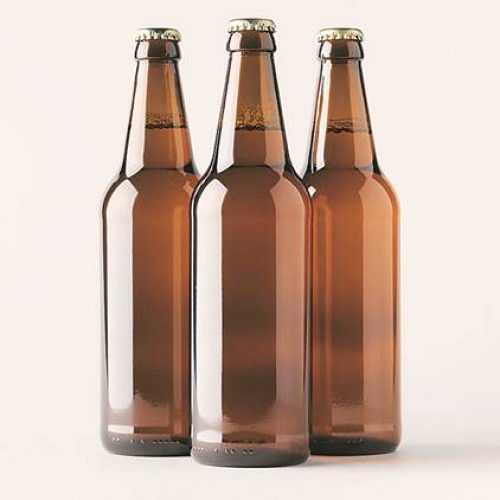Project Report For IMFL Bottling Plant
Introduction
Project Report for IMFL Bottling Plant is as follows.
A bottling factory is a specialised facility equipped with bottling machinery that fills empty containers with the required product and performs other necessary services to prepare that product for shipment to clients.
The bottling facility is at the heart of many beverage industries. Water, tea, coffee, and carbonated beverages are among the most common beverages eaten worldwide on a daily basis. To get a larger market share in this highly competitive field, the food and beverage business is continuously striving to create new beverage varieties and tastes.
A bottling factory is a specialised facility equipped with bottling machinery that fills empty containers with the required product and performs other necessary services to prepare that product for shipment to clients.
Some bottling equipment manufacturers may use the term “bottling plant” to refer to the specific types of equipment that they offer rather than the actual structure that contains the equipment.
So keep in mind that the phrase “bottling plant” might have any of these meanings. Also, a bottling line is frequently used as a reference for the production setup within a bottling plant that houses the bottling apparatus. Setting up and maintaining a bottling operation necessitates the purchase of specialised equipment. This expenditure may make sense for bigger volume enterprises, but it may not make sense for smaller, speciality beverage makers.

As a result, the bottling sector may be divided into firms that execute their bottling operations and those that outsource this procedure. Contract bottling firms are a subset of the larger category of contract packaging companies that provide bottling services to clients. Some provide these services exclusively for industry titans such as Coca-Cola and Pepsi; others are willing to take on bottling business from smaller beverage firms.
In the case of carbonated beverages, Coca-Cola and Pepsi may transport bulk amounts of product to contract bottlers situated around the country who are in charge of the product’s preparation, sale, and distribution in that region.
These bottlers take bulk syrups, mix in the appropriate amount of carbonated water, and then fill, cap, label, and ship the completed product. When it comes to plastic bottles, the contract bottler may obtain bottle preforms from a supplier.
A preform is a tiny plastic tube that mimics a laboratory test tube and already contains a screw-top thread to take a threaded cap. At its factory, the bottler uses heat and a blow moulding technique to preforms, allowing full-size bottles to be manufactured as needed.
Market Potential of IMFL Bottling Plant
The Indian Made Foreign Liquor (IMFL) market in India was valued at approximately 20 million US dollars in fiscal year 2021. Furthermore, the market is expected to grow to more than 32 million dollars by the fiscal year 2025.
The IMFL and IMIL divisions serve to different types of customers with different prices, consumption habits, alcohol concentration, and product varieties. IMIL, which starts at Rs 30 a nip, is 50% cheaper than the cheapest IMFL, making it difficult for IMIL drinkers to switch to IMFL. Furthermore, with the use of Extra Neutral Alcohol in manufacturing like IMFL instead of Rectified Spirit, improved packaging in bottles, branding, and so on, IMIL is giving value and quality.
India’s alcoholic beverage sector is one of the world’s largest, trailing only two major countries, China and Russia. Growing demand for alcoholic beverages in India is mostly attributable to the large young population base, and rising use of alcohol by the young generation, as well as rising disposable income, is bolstering industry growth.
India is one of the world’s largest consumer markets, with a population of 1.3 billion people. It is also one of the youngest, with over 50% of its inhabitants under the age of 25 and approximately 65% under the age of 35. People between the ages of 18 and 40 consume the majority of alcohol.
These demographic statistics are projected to accelerate the expansion of the alcoholic beverages market over the forecast period. Furthermore, rising urbanisation of tier-II cities is supporting market expansion.
Project Report Sample On IMFL Bottling Plant
Need Help?
Create 100% Bankable Project Report
